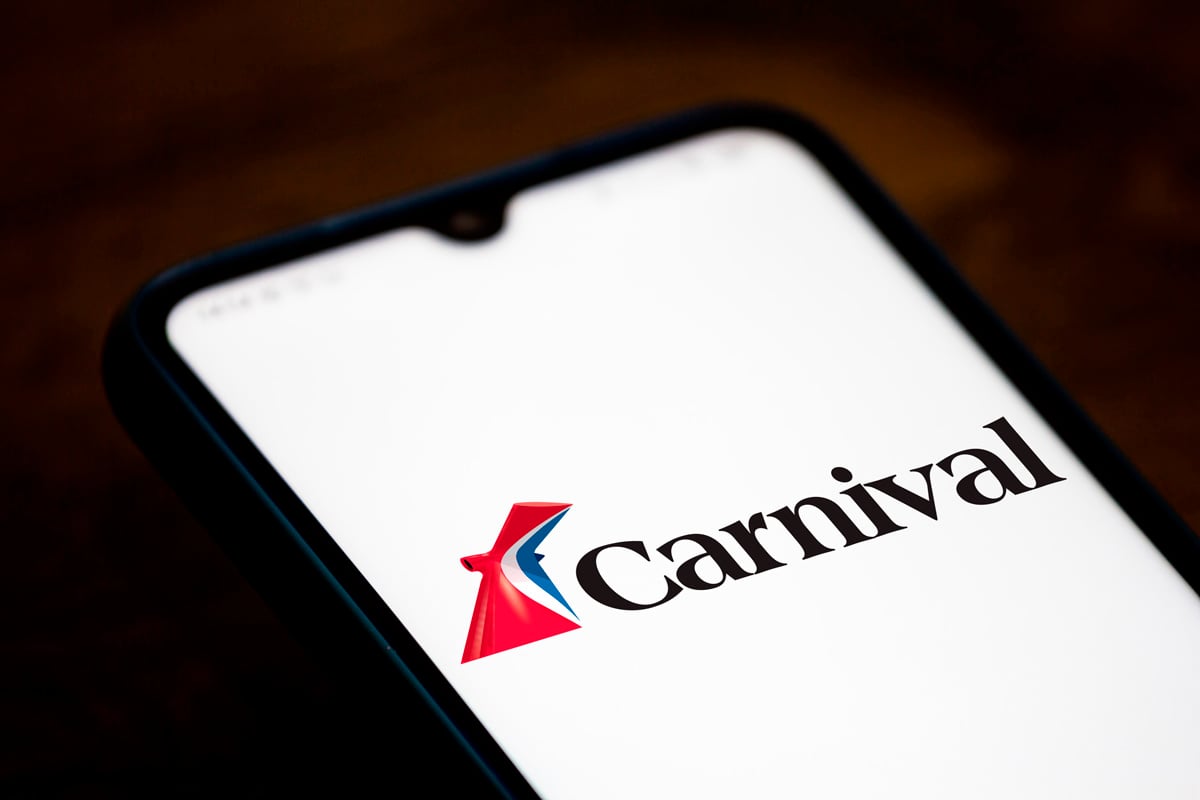The S & P 500 has shown some signs of recovery after falling hard to the monthly support established in June at 3779.2. The bulls have rallied to push the price up again from the present low to a new high at 3816 created during the Asian session today. However, there are some limits to what the bulls can do today. The general US holiday has prevented the banks from working and will likely affect the volume of buys coming into the market today.
What is the meaning of the S&P 500 Index?
S&P is an acronym for ‘Standard and Poor.’ First introduced in 1957 and used to track stocks that meet conditions designated as ‘Standard’ and those that failed to do so; regarded as ‘Poor’ and deleted from the list annually. Following this, S&P 500 can be defined as a leading index comprising the top 500 publicly traded company shares listed on the US stock exchange market.
The S&P 500 index has become one of the best ways of measuring the overall equity and performance of the US stock markets. The stocks making up the S&P 500 are usually selected based on their total market capitalization and overall trading volume. Often the market capitalization of each stock included in this index is calculated based on the number of shares available for public trading and multiplied by each store’s price. The list is selected and updated by a committee at the investment company for the Standard & Poor stocks exchange.
How are the stocks comprising the S&P 500 index selected?
A committee usually updates the stocks added to the S&P 500 index annually. Before any inventory can be added to the S&P 500 index, it must possess and maintain the following characteristics for at least an uninterrupted six-month interval. These criteria include:
Market Capitalization
S&P 500 index stocks are chosen based on market capitalization. Any stock added to the S&P 500 index must have attained a market capitalization of at least $14.6 billion. The total shares offered publicly by the company are multiplied by the unit price of the stock on the exchange market. Often the market Capitalization of each company’s stock is adjusted to make room for the new stocks created (if any) or a merger with a new company.
The total value of shares traded
Prerequisites, before a stock can be added to the S&P 500 index, is that it must have at least; a quarter of its shares exchanged within the last six months. Also, the total value of the stock is expected to have been sold annually.
Initial Public Offering (IPO)
Any stock included in the S&P 500 index must have its IPO completed at least one year ahead.
Consecutive Positive Yield
Before any stock can be added to the S&P 500 index, it is expected to have maintained a positive yield for four quarters of the year.
Factors that affect the price of the S&P 500 Index
The market price of the S&P 500 index is usually computed as a weighted average of the market capitalization of the individual stocks comprising the index. Consequently, stocks with a more extensive market valuation have a more significant impact on the overall price of the S&P 500 index. A massive fall in any of the first ten stocks making up this index will affect its overall cost. Hence, investors always paid the most significant attention to the first ten stocks making up the S&P 500 index. We have provided the list of these stocks in the following heading.
On a broader perspective, other economic factors such as interest rate hikes, tapering, quantitative easing, lockdowns, wars, epidemics, etc., also affect the performance of the S&P 500 Index. In fact, those factors that affect stocks always affect the S&P 500 index too.
For instance, an aggressive interest rate hike causes investors to withdraw their investments from the equity market into a less risky investment, such as buying bonds and treasuries. This often discounts the performance of the S&P 500 index.
On the other hand, the S&P 500 index booms when the government embarks on quantitative easing and lowers interest rates. This is to say, when the market returns to the risk-on mode.
List of the first ten stocks that make up the S&P 500 Index
- Apple Inc. (AAPL)
- Microsoft Corp. (MSFT)
- Amazon.com, Inc. (AMZN)
- Tesla, Inc. (TSLA)
- Alphabet Inc. Class A (GOOGL)
- Alphabet Inc. Class C (GOOG)
- Nvidia Corp. (NVDA)
- Berkshire Hathaway Inc.
- Meta Platforms (META), formerly Facebook
- UnitedHealth Group Inc. (UNH)
Is S&P 500 a good investment?
S&P 500 is one of the most traded Indexes in the forex market today. It has become the investors’ favourite as its price movement is easily predicted and less volatile than other indexes such as Dow Jones industrial average (DJIA). However, this index can only be traded as CFD.
Where can I trade S&P 500 today?
S&P 500 can be traded with the most minor spread on ATFX platforms. This broker offers the lowest spread that helps traders to maximise their profits.


